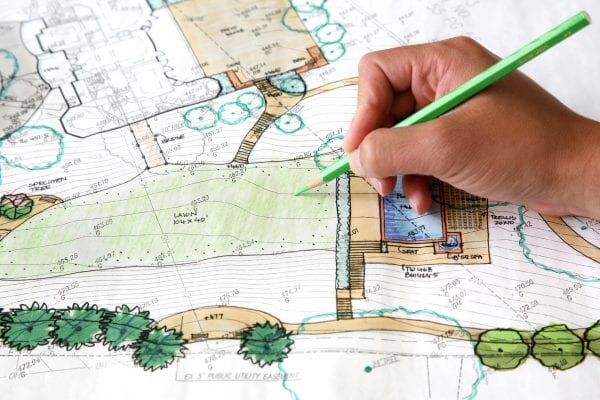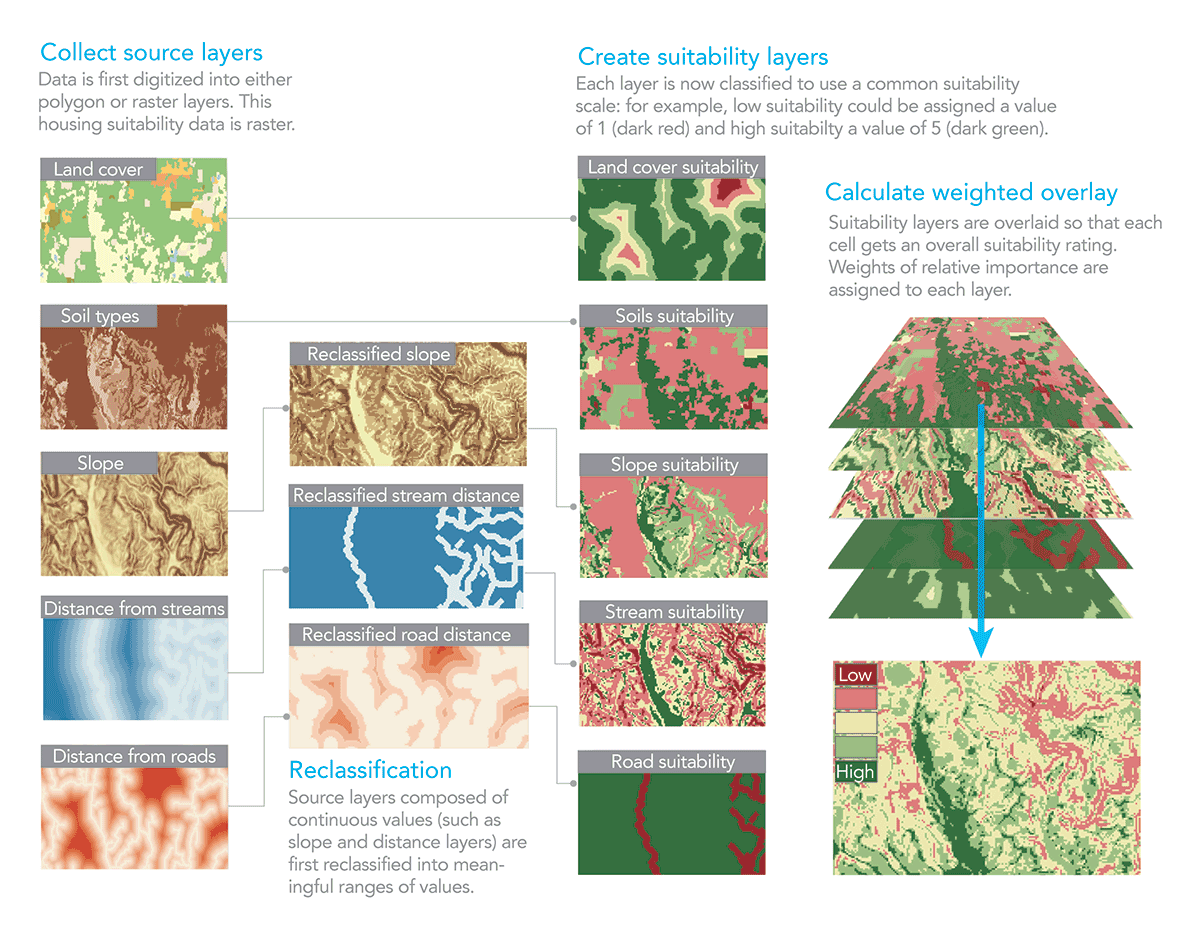Navigating the Landscape: Understanding House View Maps and Their Significance
Related Articles: Navigating the Landscape: Understanding House View Maps and Their Significance
Introduction
With enthusiasm, let’s navigate through the intriguing topic related to Navigating the Landscape: Understanding House View Maps and Their Significance. Let’s weave interesting information and offer fresh perspectives to the readers.
Table of Content
- 1 Related Articles: Navigating the Landscape: Understanding House View Maps and Their Significance
- 2 Introduction
- 3 Navigating the Landscape: Understanding House View Maps and Their Significance
- 3.1 Deciphering the Visual Landscape: What a House View Map Depicts
- 3.2 Unveiling the Benefits of House View Maps: A Guide to Informed Decisions
- 3.3 Navigating the Digital Landscape: Online Resources for House View Maps
- 3.4 Exploring the Importance of Detail and Accuracy: A Guide to Effective House View Maps
- 3.5 Unveiling the Potential Drawbacks: Considerations for House View Maps
- 3.6 Frequently Asked Questions about House View Maps
- 3.7 Tips for Utilizing House View Maps Effectively
- 3.8 Conclusion: The Value of Visual Insights in Real Estate Decisions
- 4 Closure
Navigating the Landscape: Understanding House View Maps and Their Significance

In the realm of real estate, understanding the surroundings of a property is crucial for informed decision-making. A house view map, also known as a property view map or a neighborhood view map, offers a visual representation of the immediate vicinity of a house, providing valuable insights into its environment and potential benefits or drawbacks.
Deciphering the Visual Landscape: What a House View Map Depicts
A house view map typically encompasses the following elements:
- Property Boundaries: Clearly defined lines outlining the extent of the property, including any fences, walls, or other physical barriers.
- Surrounding Structures: Depiction of nearby buildings, including houses, apartments, commercial establishments, schools, and other significant structures.
- Land Features: Representation of natural elements like trees, parks, bodies of water, hills, and valleys, providing insight into the property’s topography and natural surroundings.
- Infrastructure: Visualization of roads, streets, sidewalks, traffic patterns, public transportation routes, and other infrastructure elements that impact accessibility and convenience.
- Points of Interest: Identification of nearby amenities like shops, restaurants, hospitals, libraries, recreational facilities, and other points of interest that contribute to the neighborhood’s character and livability.
Unveiling the Benefits of House View Maps: A Guide to Informed Decisions
House view maps serve as invaluable tools for both buyers and sellers, offering a comprehensive understanding of a property’s context and its potential implications.
For Buyers:
- Neighborhood Understanding: A house view map provides a visual overview of the neighborhood’s character, allowing potential buyers to assess its suitability for their lifestyle and preferences.
- Property Context: Understanding the surrounding structures, land features, and infrastructure helps buyers evaluate the property’s privacy, views, potential noise levels, and overall accessibility.
- Potential Amenities: Identification of nearby amenities reveals the convenience and lifestyle advantages associated with the property, such as proximity to schools, parks, shopping centers, and public transportation.
- Informed Investment: By visualizing the property’s location within the neighborhood, buyers can assess its long-term value and potential appreciation based on factors like proximity to desirable amenities and future development plans.
For Sellers:
- Enhanced Property Presentation: A house view map can be a valuable tool for marketing a property, showcasing its desirable features and highlighting its location within the neighborhood.
- Transparency and Trust: Providing a clear and informative house view map fosters transparency and builds trust with potential buyers, demonstrating a commitment to open communication and accurate representation.
- Competitive Advantage: In a competitive market, offering a comprehensive house view map can distinguish a property from others, attracting buyers who appreciate detailed information and a clear understanding of the surroundings.
- Facilitating Negotiation: A well-presented house view map can provide a common ground for negotiation, enabling buyers and sellers to discuss potential benefits and drawbacks based on the visual representation of the property’s context.
Navigating the Digital Landscape: Online Resources for House View Maps
The digital age has transformed the accessibility of house view maps, offering numerous online platforms and tools that provide comprehensive and interactive visualizations.
- Real Estate Portals: Major real estate websites often incorporate interactive house view maps into their property listings, allowing users to explore the surrounding area and visualize the property’s location.
- Mapping Services: Online mapping services like Google Maps, Bing Maps, and Apple Maps offer detailed maps with various layers, including street views, satellite imagery, and aerial views, providing a comprehensive understanding of a property’s surroundings.
- Neighborhood Information Websites: Websites dedicated to specific neighborhoods often provide interactive house view maps, highlighting local amenities, parks, schools, and other points of interest.
- Property Management Websites: Websites of property management companies or real estate agents often provide detailed house view maps for their listings, offering additional insights into the property’s context and neighborhood amenities.
Exploring the Importance of Detail and Accuracy: A Guide to Effective House View Maps
The effectiveness of a house view map hinges on its level of detail and accuracy.
- Scale and Resolution: The map should be presented at an appropriate scale that provides a clear overview of the property and its surroundings without overwhelming the viewer with excessive detail. High-resolution imagery ensures clarity and readability.
- Legend and Labels: A clear legend should explain the symbols and colors used on the map, ensuring that all elements are easily identifiable and understood. Labels for streets, points of interest, and significant structures should be legible and informative.
- Data Accuracy: The information presented on the map should be accurate and up-to-date, reflecting current conditions and reflecting any relevant changes or developments.
- User-Friendly Interface: Interactive features like zooming, panning, and layering can enhance the user experience and allow users to explore the map in detail.
Unveiling the Potential Drawbacks: Considerations for House View Maps
While house view maps offer valuable insights, it is crucial to consider their potential limitations:
- Limited Scope: House view maps typically focus on the immediate surroundings of a property, potentially overlooking broader contextual factors like the overall neighborhood dynamics, crime rates, and future development plans.
- Visual Bias: The visual representation of a property’s surroundings can be subjective and may not accurately reflect the actual experience of living in the area. Factors like noise pollution, traffic congestion, and neighborhood social dynamics may not be fully captured in the map.
- Outdated Information: House view maps can become outdated if not regularly updated, potentially leading to inaccurate representations of the current environment.
- Data Privacy: Some house view maps may include sensitive information about residents, such as their names or addresses, which raises concerns about data privacy and potential misuse.
Frequently Asked Questions about House View Maps
1. What is the purpose of a house view map?
The primary purpose of a house view map is to provide a visual representation of a property’s surroundings, offering insights into its context, potential benefits, and potential drawbacks.
2. Who benefits from using a house view map?
Both buyers and sellers can benefit from using a house view map. Buyers can gain a better understanding of the neighborhood and the property’s location, while sellers can use it to showcase the property’s desirable features and attract potential buyers.
3. What information should a house view map include?
A comprehensive house view map should include property boundaries, surrounding structures, land features, infrastructure, and points of interest, providing a detailed visual overview of the property’s context.
4. Are house view maps always accurate?
While house view maps aim to be accurate, they can be limited in scope and may not reflect all relevant factors. It is essential to consider the source of the map and its potential limitations.
5. How can I find a house view map for a specific property?
House view maps can be found on real estate websites, online mapping services, neighborhood information websites, and property management websites.
6. What are the potential drawbacks of using a house view map?
Potential drawbacks include limited scope, visual bias, outdated information, and data privacy concerns.
7. How can I ensure that a house view map is reliable?
Verify the source of the map, check for recent updates, and compare it with other sources of information to ensure its accuracy and reliability.
Tips for Utilizing House View Maps Effectively
- Compare Multiple Sources: Consult several house view maps from different sources to gain a more comprehensive understanding of the property’s surroundings.
- Consider the Scale: Pay attention to the scale of the map to understand the level of detail and the extent of the surrounding area represented.
- Explore Interactive Features: Utilize interactive features like zooming, panning, and layering to explore the map in detail and gain a better understanding of the property’s context.
- Verify Information: Cross-reference information from the house view map with other sources, such as neighborhood websites or local government records, to ensure accuracy.
- Consult Local Residents: If possible, speak with local residents to gain firsthand insights into the neighborhood’s character and potential issues not captured on the map.
Conclusion: The Value of Visual Insights in Real Estate Decisions
House view maps serve as valuable tools for navigating the complex landscape of real estate. By providing a visual representation of a property’s surroundings, they empower buyers and sellers with informed decision-making capabilities. While it is essential to consider their limitations, house view maps offer a crucial perspective on the context and potential benefits or drawbacks associated with a property, ultimately contributing to a more informed and successful real estate journey.








Closure
Thus, we hope this article has provided valuable insights into Navigating the Landscape: Understanding House View Maps and Their Significance. We appreciate your attention to our article. See you in our next article!